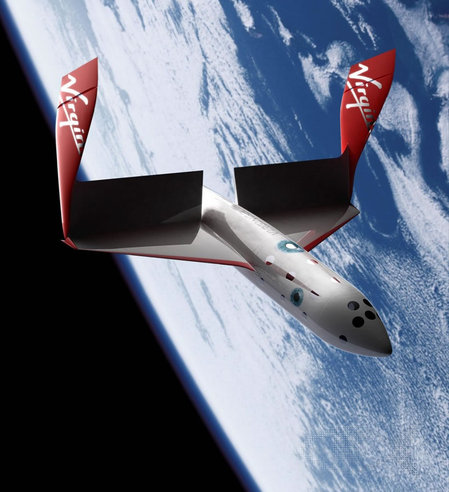Space Tourism
The idea of space tourism isn't very new any more, but some misconceptions about it still abound. Can anyone spot the scientific falacy in this news clip I came across recently? Apart from one error in understanding how gravity works, this article does point out that there are quite a number of space tourism companies very close to starting business, a fact that I don't think the general public realizes yet. I'm not sure it will be a thriving business yet by 2020, but I do expect the first paid suborbital space flights to start within the next five years.
"The Independent (UK) reports, 'There are predictions floating around that space tourism could be a $700m industry by 2020, flying thousands of passengers a year as far as zero gravity and back, for the thrill ride of their lives.' Virgin Galactic is offering seats 'at $200,000 a pop.' Also mentioned are Xcor, Armadillo Aerospace, and Blue Origin, which 'had gone silent for two years until dramatically re-emerging a few months ago with a $3.7m NASA grant to develop a craft for orbital space flight.' NASA is said to be 'focusing...on seeding commercial ventures, and last month it offered $75m in grants to commercial operators that can put scientific payloads into suborbital space on its behalf.'"


4 Comments:
Did you catch it? The falacy is the assertion that space tourism will fly you "as far as zero gravity and back". The feeling of zero gravity is produced not by being out in space, but just by the parabolic flight path the spacecraft flies. Many regular airplanes are used for the same effect, giving passengers a feeling of weightlessness for about half a minute as the plane flies in an arc. What sets space tourism planes apart is that they will fly past the officially recognized and somewhat arbitrary edge of space, generally defined as 100km in altitude.
Kenan recently experienced zero G for a split second by falling off the top bunk. If the room had been moving in the right parabolic arc there wouldn't have been so many tears on the sudden G increase.
Ben, do you see yourself someday being a space tourist? Is Orbital involved in any space tourism ventures (that you can publicly acknowledge)?
I'd love to go into orbit if I had a chance, though I'm not really interested in suborbital space tourism. Seeing as both options are currently well out of my price range ($30M to go to the ISS, $200K for a suborbital flight), my personal preference has little effect. Orbital is not involved in any space tourism ventures -- the "big players" in aerospace still seem to view space tourism as unprofessional, and are leaving those ventures to the venture capitalists. I wouldn't be surprised if that attitude changes once space tourism becomes more popular, but I think we would limit ourselves at most to providing vehicles, not get involved in the customer service aspects of it. We're more used to catering to large corporations and government than to individual consumers.
Stick with Orbital and maybe you can be assigned as their space tour guide.
Post a Comment
Subscribe to Post Comments [Atom]
<< Home